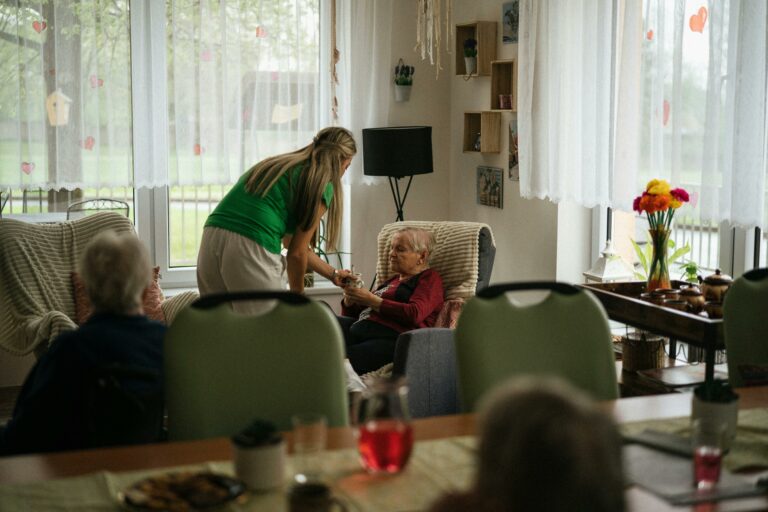
Caregiving and Estate Planning Provides Peace of Mind for All Generations
If your goal is to keep the farm, ranch, or small business in the family, planning, including estate planning and caregiving, is the number one strategy to making it happen. Families may dissolve the farm or business without advance planning to pay for long-term care expenses. A recent article from AgWeek, “Caregiving plans can provide peace of mind for farming and ranching families,” explains what needs to be done.
Part of the issue is that most ranchers and business owners won’t qualify for Medicaid because they own a significant asset. Having to sell off something they’ve worked their entire lives to build is often a result of no planning.
If you have a long-term care insurance policy, it needs to be carefully reviewed to determine what conditions need to be met for benefits to be paid. For example, most policies have a “waiting period,” so you’ll need to plan how to pay for caregiving during the months before the policy kicks in.
There’s also confusion about the difference between Medicare and Medicaid. Medicare is health insurance for medical expenses, while Medicaid is usually used for long-term care and caregiving needs. However, Medicaid is a needs-based program. An estate planning attorney can help the family determine what needs to happen in advance, whether the goal is to protect the farm, ranch, or small business while helping the aging parent become eligible for Medicaid.
Estate planning includes planning for incapacity, which can occur at any time but is more likely as we age. Suppose the individual hasn’t completed a power of attorney, healthcare power of attorney, and other medical directives. In that case, the family will need to go to court to obtain conservatorship or guardianship to take over the person’s financial matters and make healthcare decisions on their behalf. An estate planning attorney can help the family prepare the documents and create a plan.
Having an estate plan in place is also another means of protecting the family’s assets from elder abuse. Everything needs to be documented, and records need to be well-organized so every family member knows where documents are, where assets are and the plan for the inevitable events of aging.
Meeting with an estate planning attorney to create the last will and testament, power of attorney and all other planning documents can minimize the stress and costs involved. Without planning, everything becomes far more complicated, costly and stressful for all concerned.
Reference: AgWeek (May 14, 2024) “Caregiving plans can provide peace of mind for farming and ranching families”









